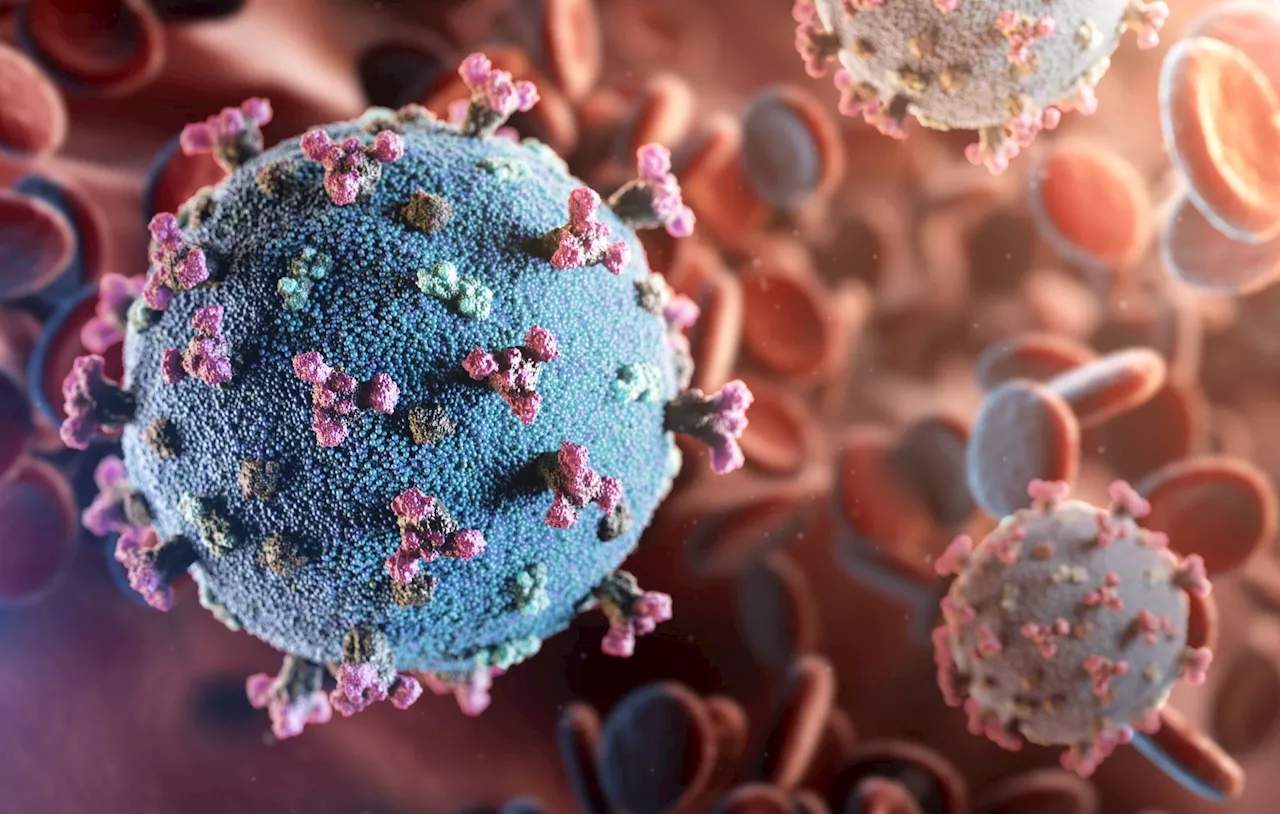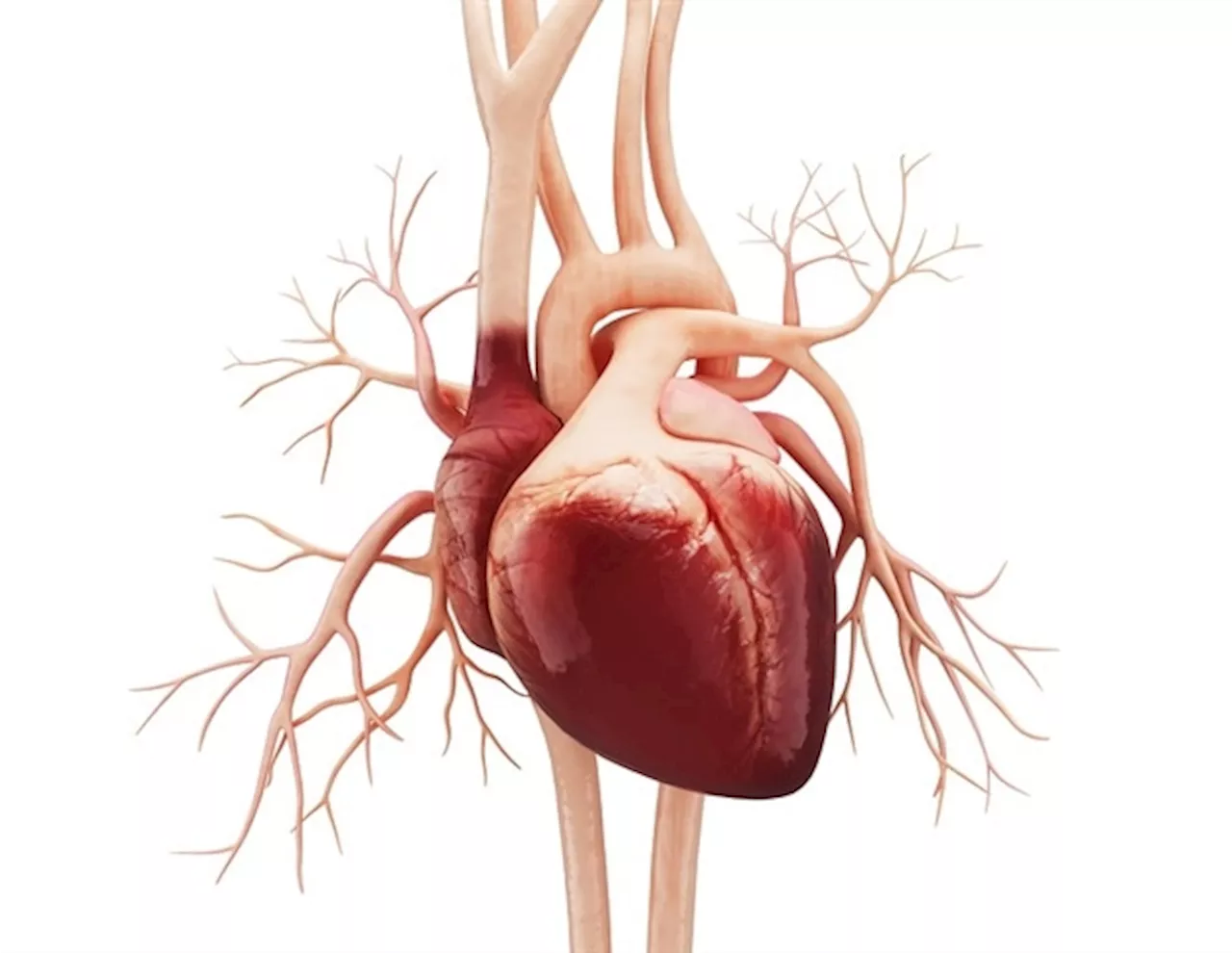A recent study published in Pediatrics examines the relationship between SARS-CoV-2 infection and the onset of asthma in children.
By Tarun Sai LomteApr 16 2024Reviewed by Lily Ramsey, LLM A recent study published in Pediatrics investigated whether severe acute respiratory syndrome coronavirus 2 infection influences children's asthma risk .Background Respiratory viral infections in childhood are potential risk factors for asthma. Various studies have reported associations between acute wheezing illnesses in infancy and subsequent progression to asthma later in life.
About the study In the present study, researchers investigated whether SARS-CoV-2 infection modified pediatric rates of incident asthma. They used electronic health records of children aged between 1 and 16 receiving care within the Children’s Hospital of Philadelphia Care Network. ICD codes for post-viral wheeze and reactive airway disease were not considered. Asthma-related medicines included corticosteroids, β agonists, biologics, and leukotriene modulators.
SARS-CoV-2-positive individuals were more likely to have allergic rhinitis but less likely to have food allergies than those who tested negative. During the follow-up, 573 individuals were diagnosed with asthma, including 516 subjects who tested negative for SARS-CoV-2. Nevertheless, age, atopic comorbidities, and Black race were associated with new asthma diagnoses. In sub-group analyses, SARS-CoV-2 positivity was not associated with new asthma diagnoses across age categories.
Study SARS-Cov-2 Infection Children Asthma Risk
United States Latest News, United States Headlines
Similar News:You can also read news stories similar to this one that we have collected from other news sources.
 Mutations do not predict the severity of current variants of SARS-CoV-2, finds studyNew research from UNC Charlotte's Center for Computational Intelligence to Predict Health and Environmental Risks (CIPHER) has found that the two most prevalent strains of the virus that cause COVID-19, SARS-CoV-2 variants BA.2.86 and JN.
Mutations do not predict the severity of current variants of SARS-CoV-2, finds studyNew research from UNC Charlotte's Center for Computational Intelligence to Predict Health and Environmental Risks (CIPHER) has found that the two most prevalent strains of the virus that cause COVID-19, SARS-CoV-2 variants BA.2.86 and JN.
Read more »
 Study reveals age-specific differences in nasal cells' response to SARS-CoV-2Important differences in how the nasal cells of young and elderly people respond to the SARS-CoV-2 virus, could explain why children typically experience milder COVID-19 symptoms, finds a new study led by researchers at UCL and the Wellcome Sanger Institute.
Study reveals age-specific differences in nasal cells' response to SARS-CoV-2Important differences in how the nasal cells of young and elderly people respond to the SARS-CoV-2 virus, could explain why children typically experience milder COVID-19 symptoms, finds a new study led by researchers at UCL and the Wellcome Sanger Institute.
Read more »
 Study reveals how SARS-CoV-2 hijacks lung cells to drive COVID-19 severityResearchers identified how SARS-CoV-2 targets and manipulates specific lung cells, using innovative techniques to trace the virus's impact on the cells' gene expression, revealing insights into early COVID-19 pathogenesis.
Study reveals how SARS-CoV-2 hijacks lung cells to drive COVID-19 severityResearchers identified how SARS-CoV-2 targets and manipulates specific lung cells, using innovative techniques to trace the virus's impact on the cells' gene expression, revealing insights into early COVID-19 pathogenesis.
Read more »
 Molnupiravir influences SARS-CoV-2 evolution in immunocompromised patientsStudy found that the antiviral molnupiravir affects the evolution of SARS-CoV-2 in immunocompromised patients, suggesting its use modifies viral mutation patterns and may impact viral evolution.
Molnupiravir influences SARS-CoV-2 evolution in immunocompromised patientsStudy found that the antiviral molnupiravir affects the evolution of SARS-CoV-2 in immunocompromised patients, suggesting its use modifies viral mutation patterns and may impact viral evolution.
Read more »
 Study investigates the relationship between dietary inflammatory index and stroke risk in US adultsA recent study demonstrated the potential of dietary intervention to reduce stroke incidence by half by reducing systemic inflammation.
Study investigates the relationship between dietary inflammatory index and stroke risk in US adultsA recent study demonstrated the potential of dietary intervention to reduce stroke incidence by half by reducing systemic inflammation.
Read more »
 SARS-CoV-2-associated ARDS can damage the heart without direct infectionSARS-CoV-2, the virus that causes COVID-19, can damage the heart even without directly infecting the heart tissue, a National Institutes of Health-supported study has found.
SARS-CoV-2-associated ARDS can damage the heart without direct infectionSARS-CoV-2, the virus that causes COVID-19, can damage the heart even without directly infecting the heart tissue, a National Institutes of Health-supported study has found.
Read more »
